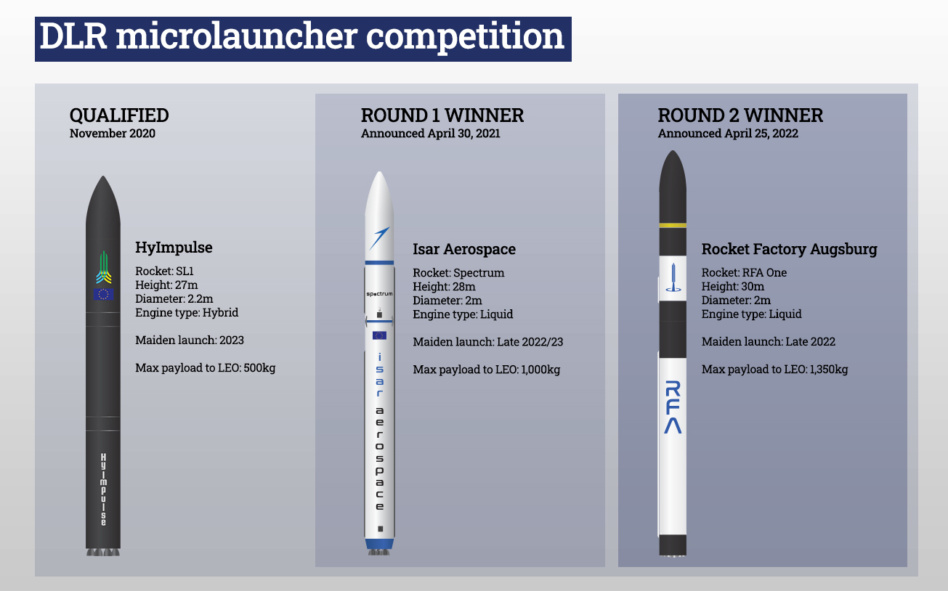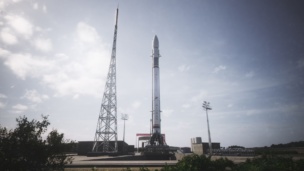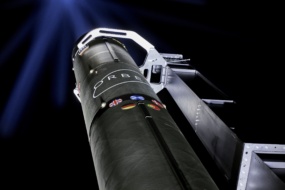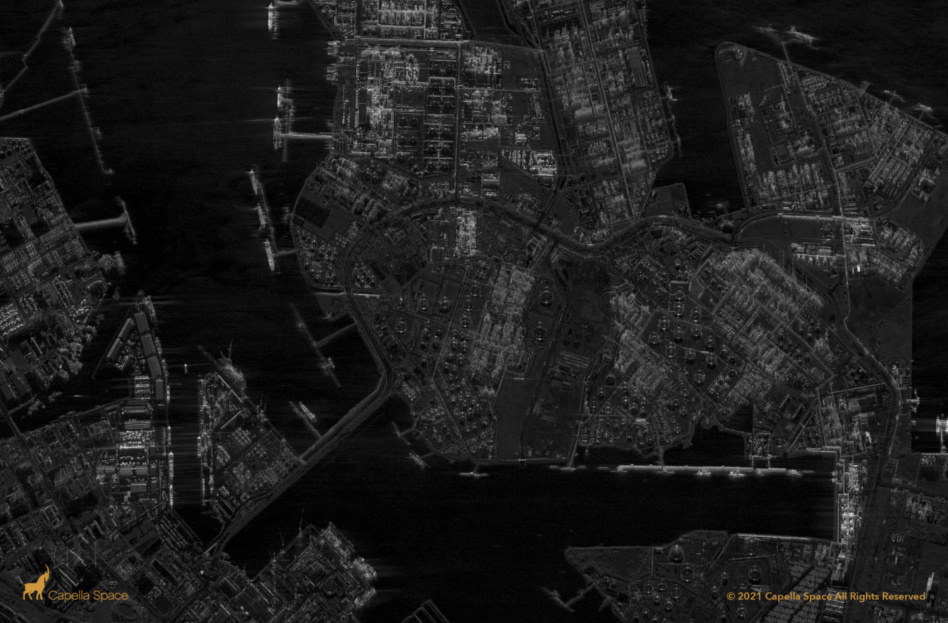Graphic: Andrew Parsonson
German launch startup Rocket Factory Augsburg (RFA) has won the second and final round of the German Aerospace Center’s (DLR) microlauncher competition. The award comes with a €11M ($11.7M) check and a requirement to carry 150 kgs of institutional payloads free of charge aboard the RFA One’s first two flights.
“We are very happy about the trust the German government expresses with this award. The DLR will fly payloads on our first two flights and thus acts as an anchor customer,” RFA told Payload.
The rounds
- Selection (Nov. 2020)—Isar Aerospace, RFA, and HyImpulse qualify for the competition and receive €500,000 in funding.
- Round 1 (April 2021)—Isar Aerospace wins the first round and is no longer in the running for the second round.
- Round 2 (April 2022)—RFA wins the second and final round.
The RFA One rocket is designed to carry up to 1,350 kgs to orbit. As a result, the remaining payload capacity on these flights will accommodate other customers. In November, RFA signed a launch contract with the Ukrainian company Lunar Research Service to carry a tech demo aboard the maiden flight.
Mark your calendars…The maiden RFA One flight is slated to blast off at the end of 2022 from the Andøya spaceport in Norway. However, RFA has told Payload that it is not impossible that this will be postponed to early 2023. In other words…definitely possible.





